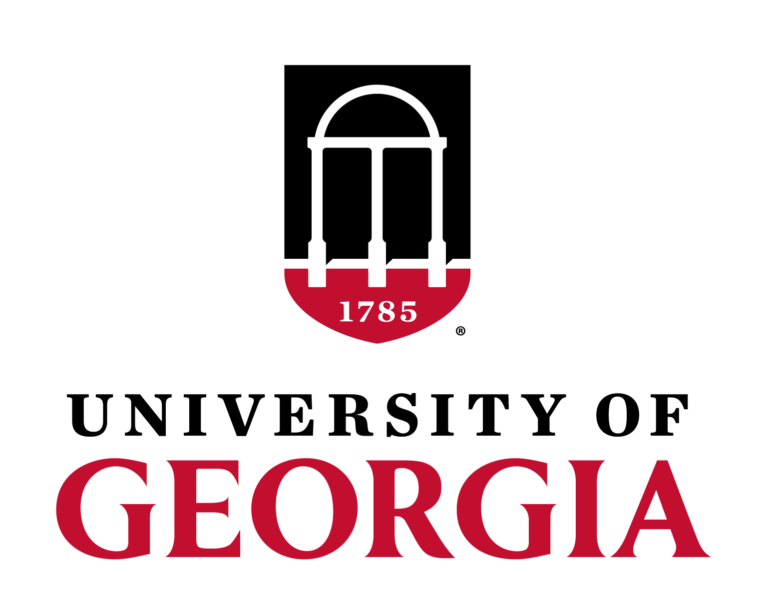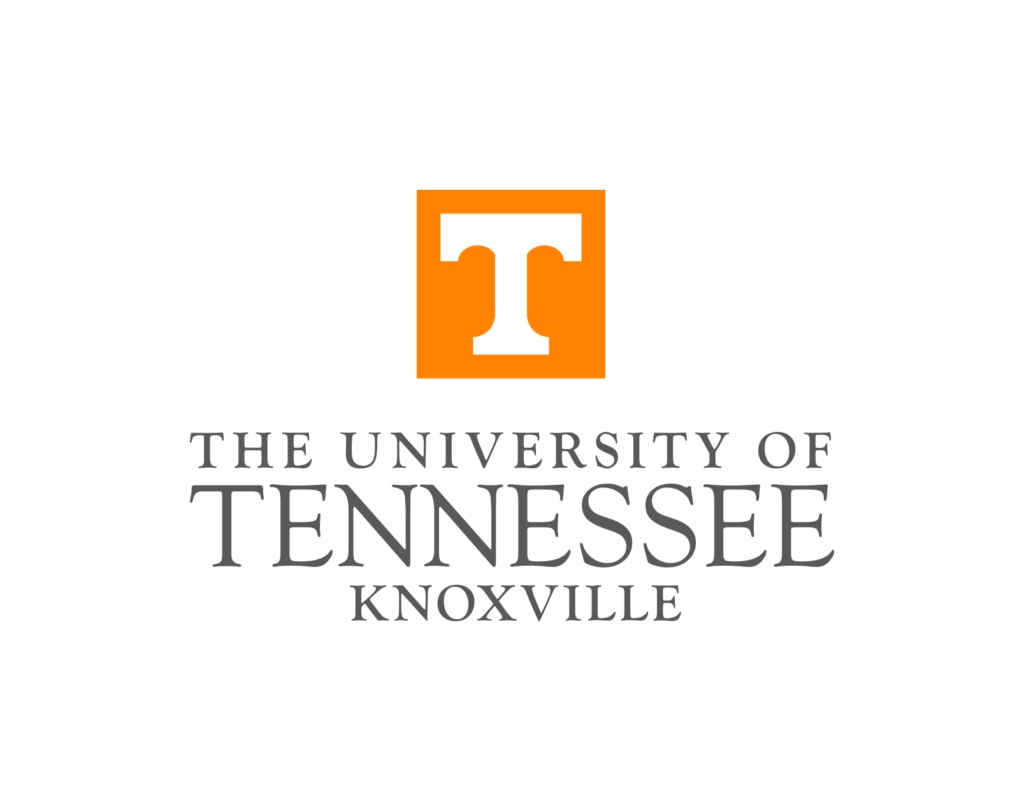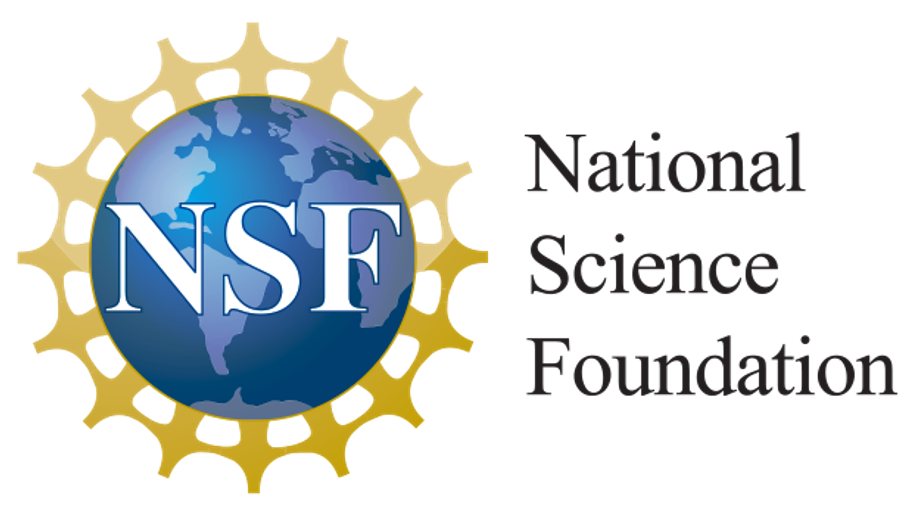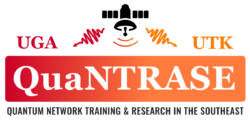Neuromorphic Computing Meets
Quantum Mechanics (NCMQM) 2024
May 15-17, 2024
The Reception Hall (Level 1) at Tate Student Center,
University of Georgia, Athens
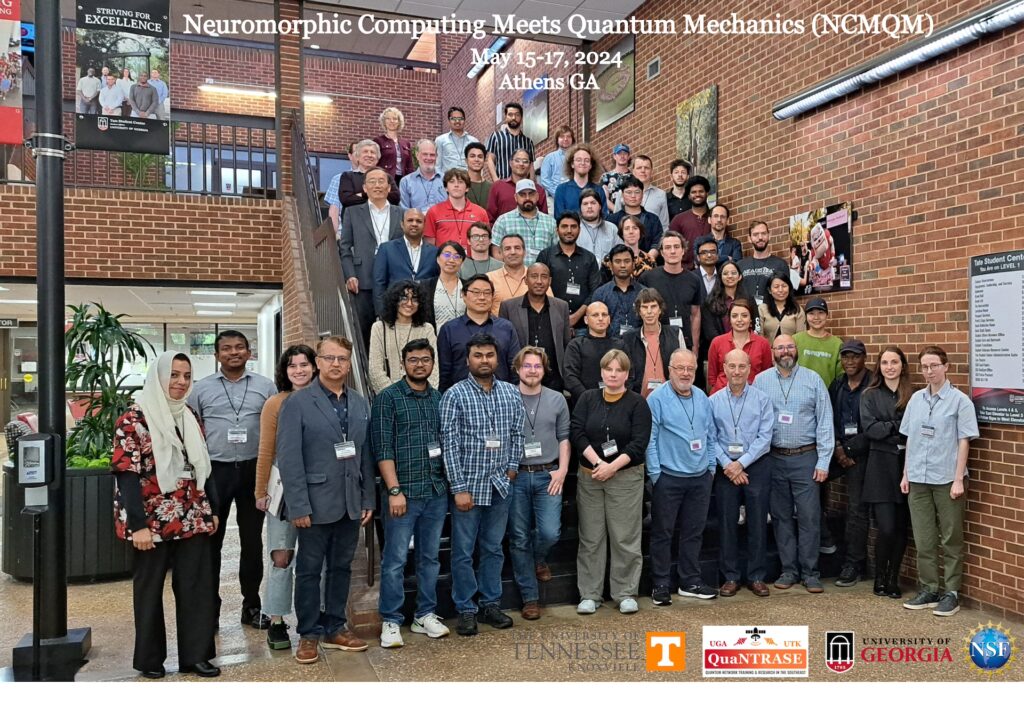
Neuromorphic Computing Meets Quantum Mechanics (NCMQM)
Human brains possess computational capacity far superior to any digital computer. This functionality is endowed by synapse, a small 30 nm junction that allows two nerve cells to communicate. This communication (synaptic action) occurs via changes in charge concentrations that modify the transmission of an electrical signal across the synapse. Replicating this synaptic architecture and communication artificially would be a critical step toward building computers that emulate brain-like performance minimizing energetic costs, or neuromorphic computing. Various materials and physical phenomena based on classical physics have been explored to utilize intrinsic materials physics to enable energy-efficient computation by replicating the functionalities of biological neurons and synapses. Merging insights from brain-inspired hardware and software with quantum phenomena and quantum technologies, could unlock a new era of information processing. Quantum technologies based on unitary dynamics are inherently dissipationless and have the potential to further reduce energy costs, in addition to the reductions offered by neuromorphic computing.
The conference “Neuromorphic Computing Meets Quantum Mechanics” is poised to facilitate the convergence of researchers from three cutting-edge domains: neuromorphic computing, quantum technologies, and artificial intelligence. This unique platform aims to inspire collaborative interaction among experts in neuromorphic computing, encompassing both hardware and software, specialists in quantum materials and quantum optics theory and experiments, and experts in deep learning and artificial general intelligence (AGI). A primary focus of the conference is to stimulate discussions that explore ways to optimize energy budgets and develop understanding and analysis of both quantum and classical neuromorphic hardware using stochastic thermodynamics and fluctuation theorems. By bringing these fields together, the conference seeks to facilitate discussion and collaboration towards the development of quantum-enhanced neuromorphic hardware capable of surpassing classical von Neumann architectures for AGI-oriented computing. This visionary conference will host talks and brainstorming sessions centered on the transformative potential of utilizing quantum phenomena and materials to reshape the landscape of neuromorphic computing for AGI. The conference aims to inspire discussions on novel approaches, paving the way for new technologies at linking AGI and quantum computing. Join us in charting a path towards a future where quantum mechanics converges with neuromorphic computing, redefining the possibilities of AGI.
Committee
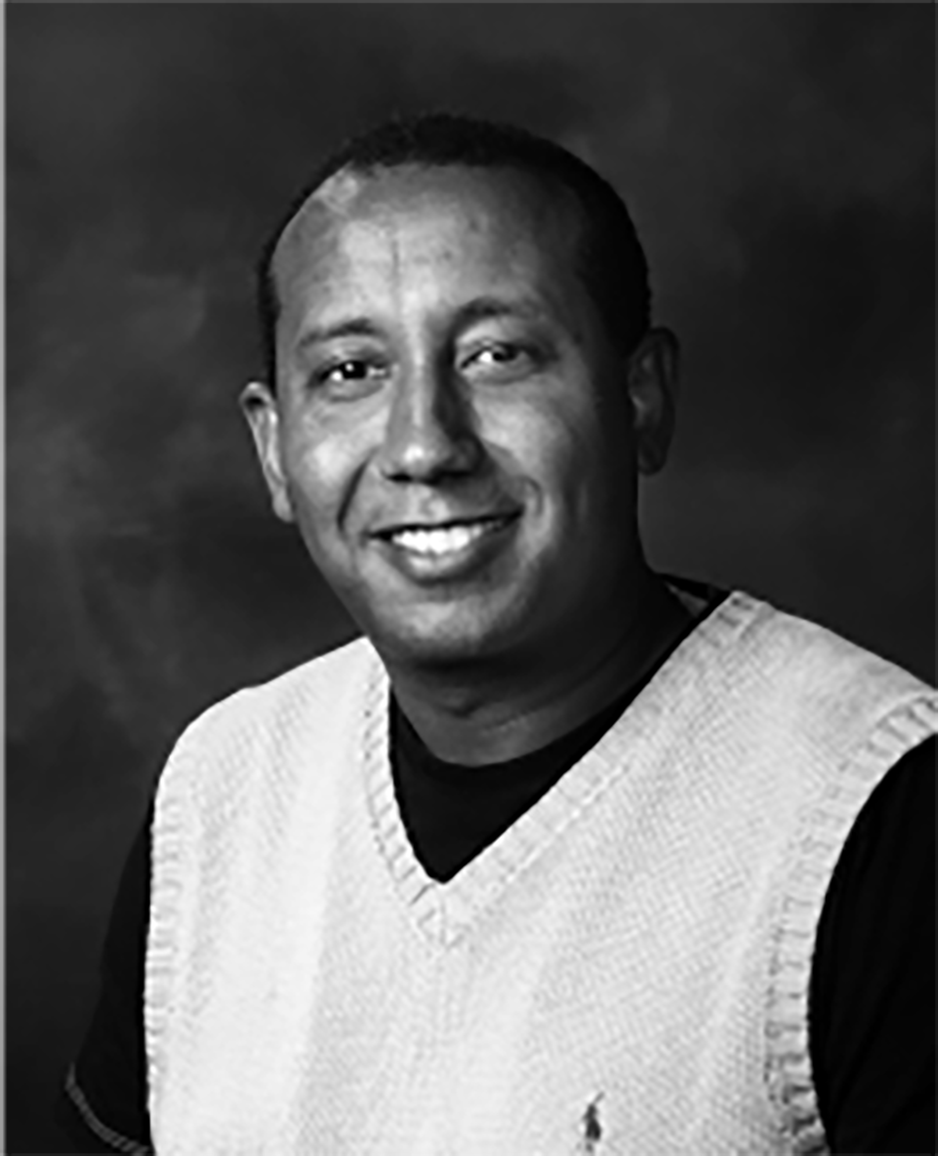
Yohannes Abate
(Conference Chair)
University of Georgia
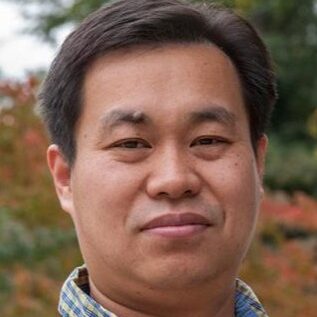
Tianming Liu
University of Georgia
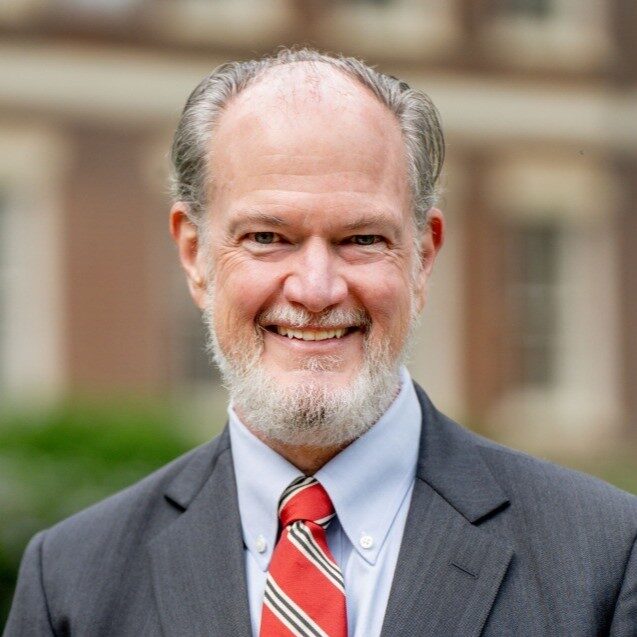
Alan Dorsey
University of Georgia
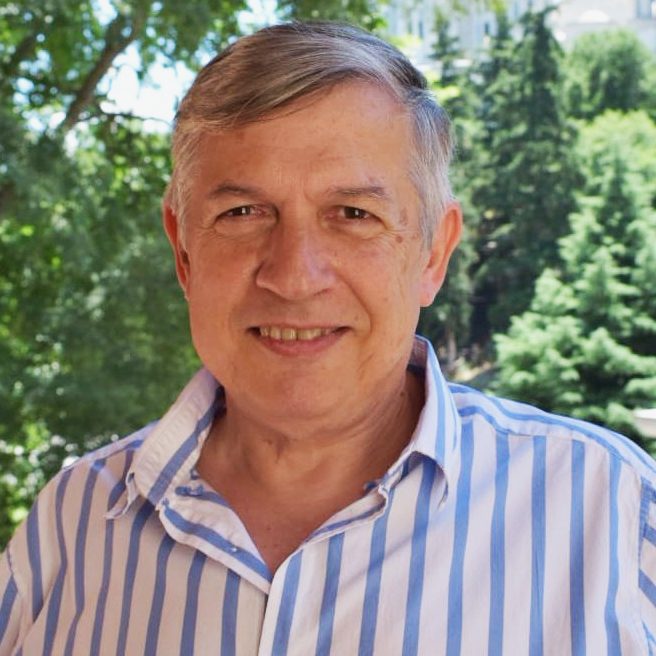
George Siopsis
University of Tennessee, Knoxville

David Wolpert
Santa Fe Institute
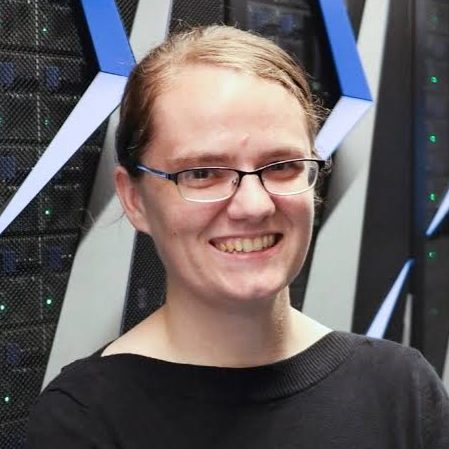
Catherine Schuman
University of Tennessee, Knoxville
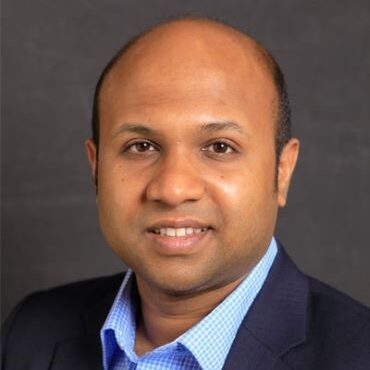
Ahmedullah Aziz
University of Tennessee, Knoxville
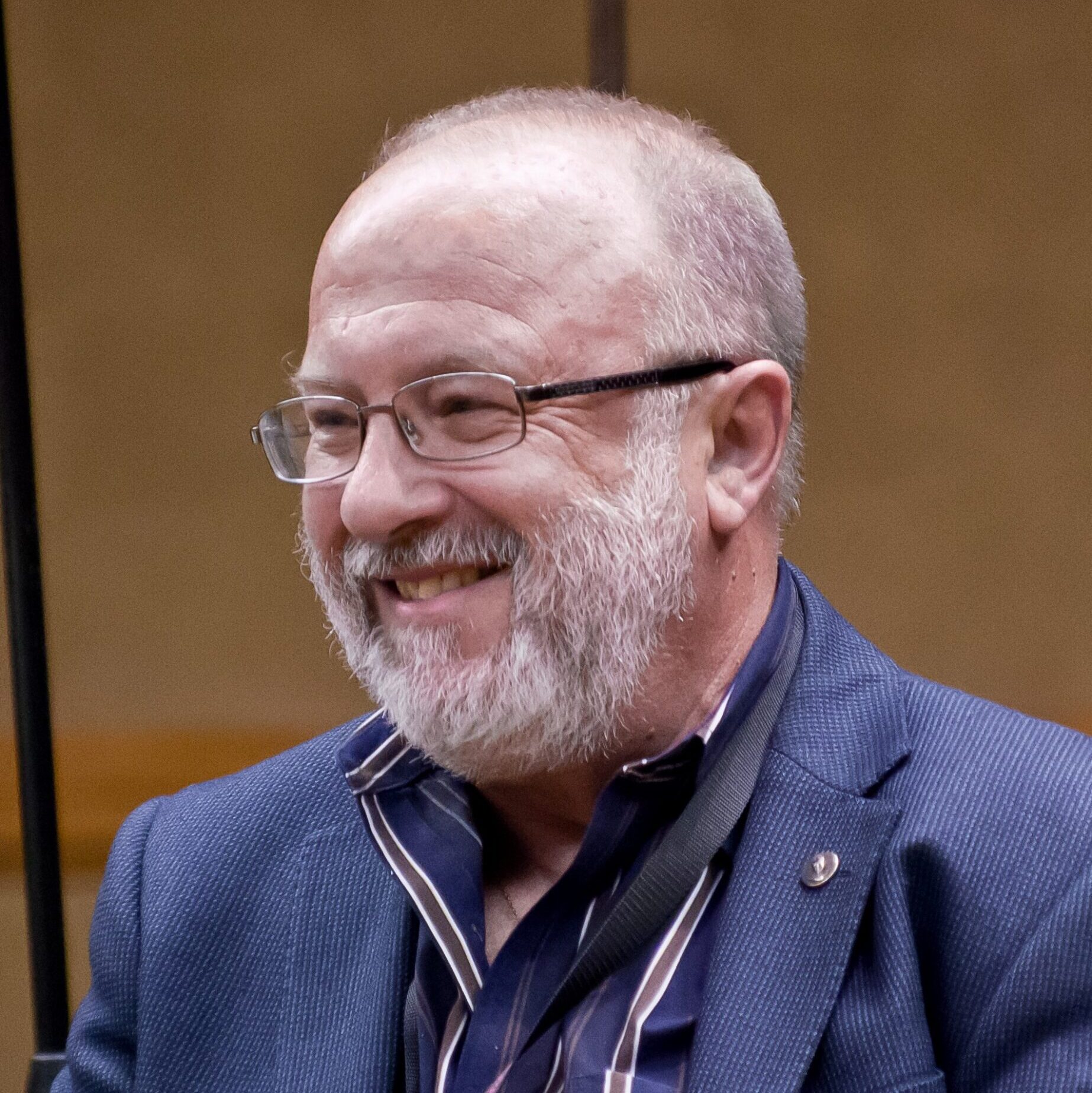
Ivan Schuller
University of California, San Diego
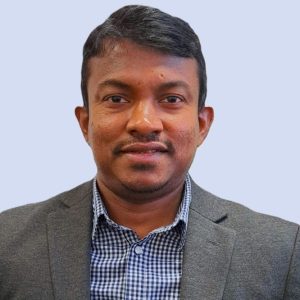
Sampath Gamage
(Conference Coordinator)
University of Georgia
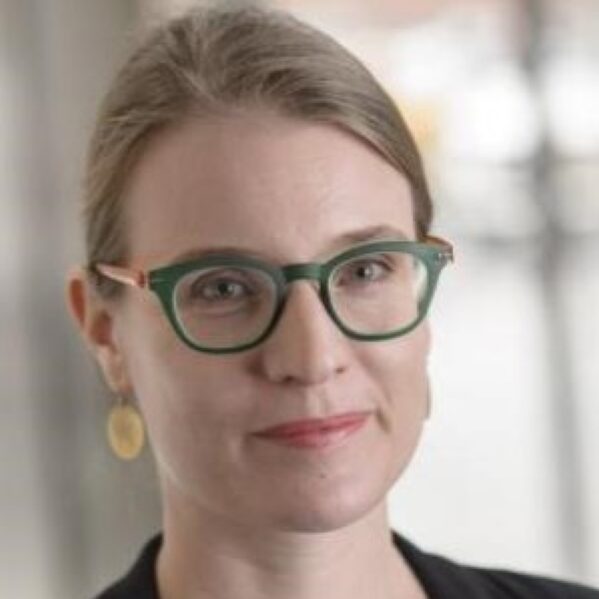
Nadja Zeltner
University of Georgia
Invited Speakers
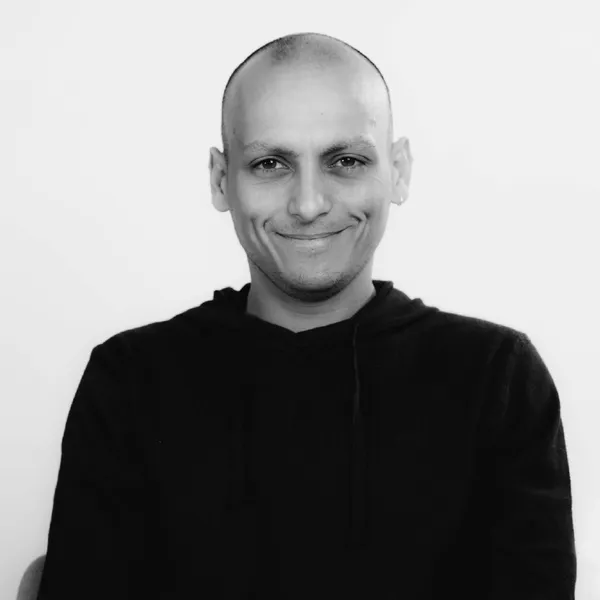
Francesco Caravelli
Los Alamos National Laboratory

Ahmedullah Aziz
University of Tennessee, Knoxville
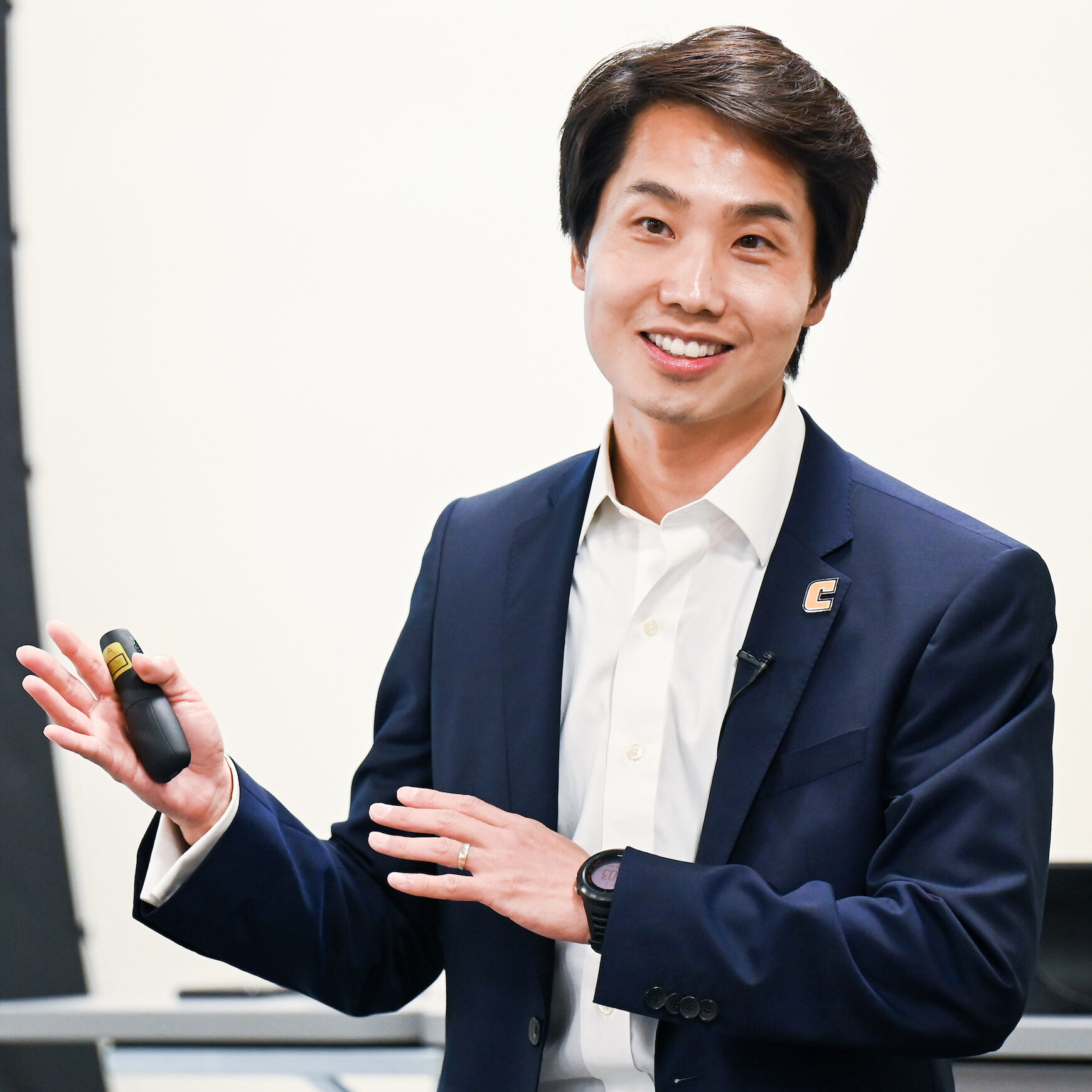
Tian Li
University of Tennessee, Chattanooga

David Wolpert
Santa Fe Institute
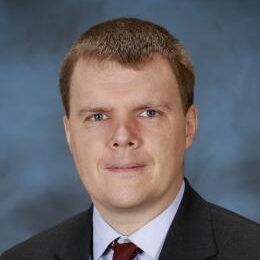
Benjamin J Lawrie
Oak Ridge National Laboratory

Nadja Zeltner
University of Georgia
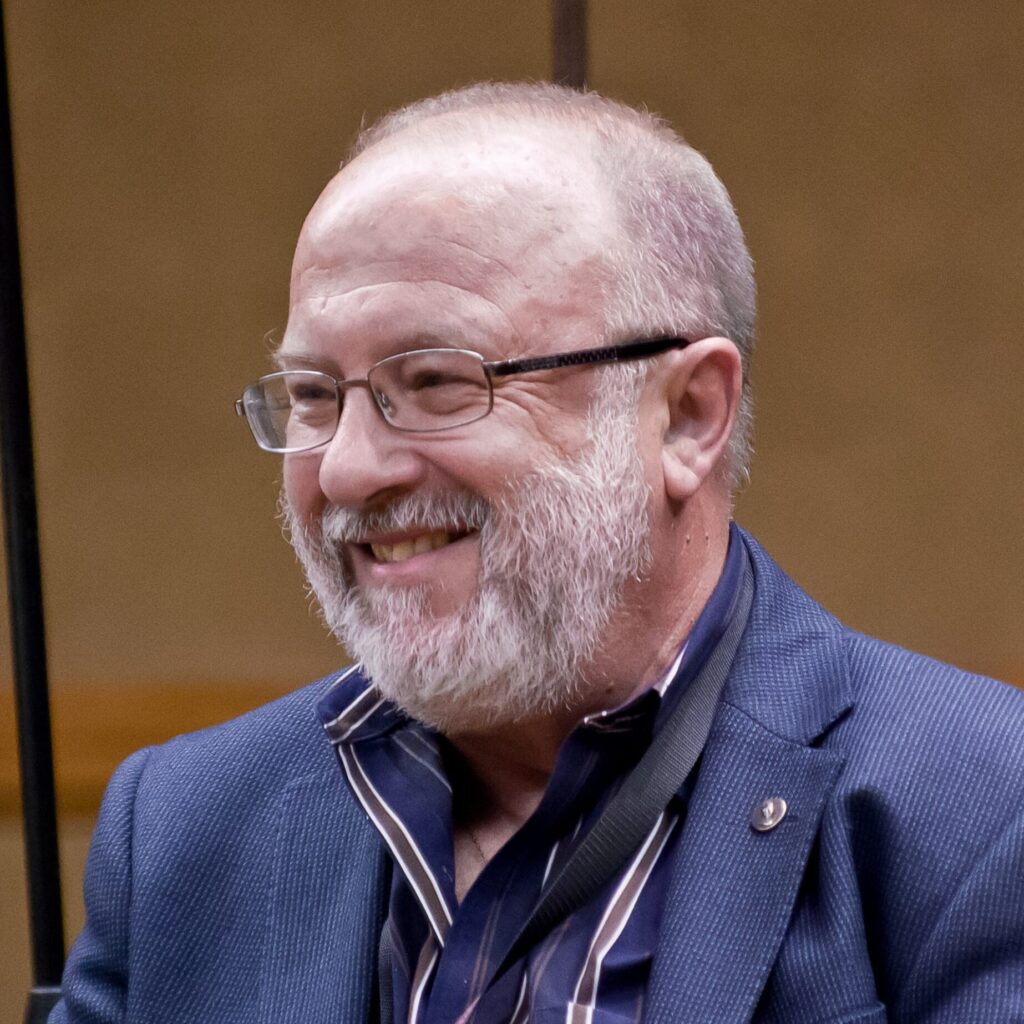
Ivan Schuller
University of California, San Diego
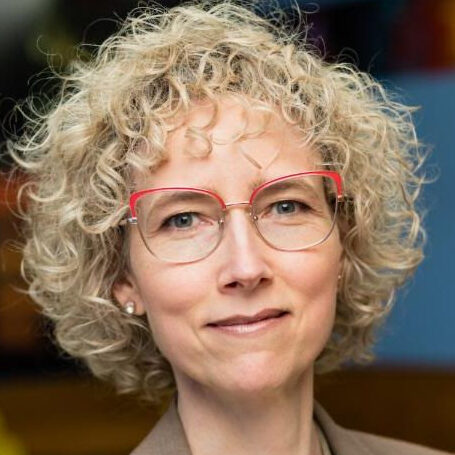
Erica Carlson
Purdue University
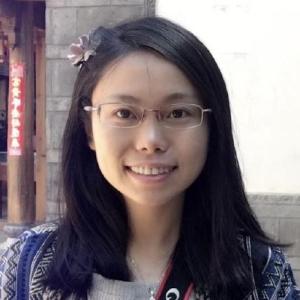
Anqi Wu
Georgia Institute of Technology
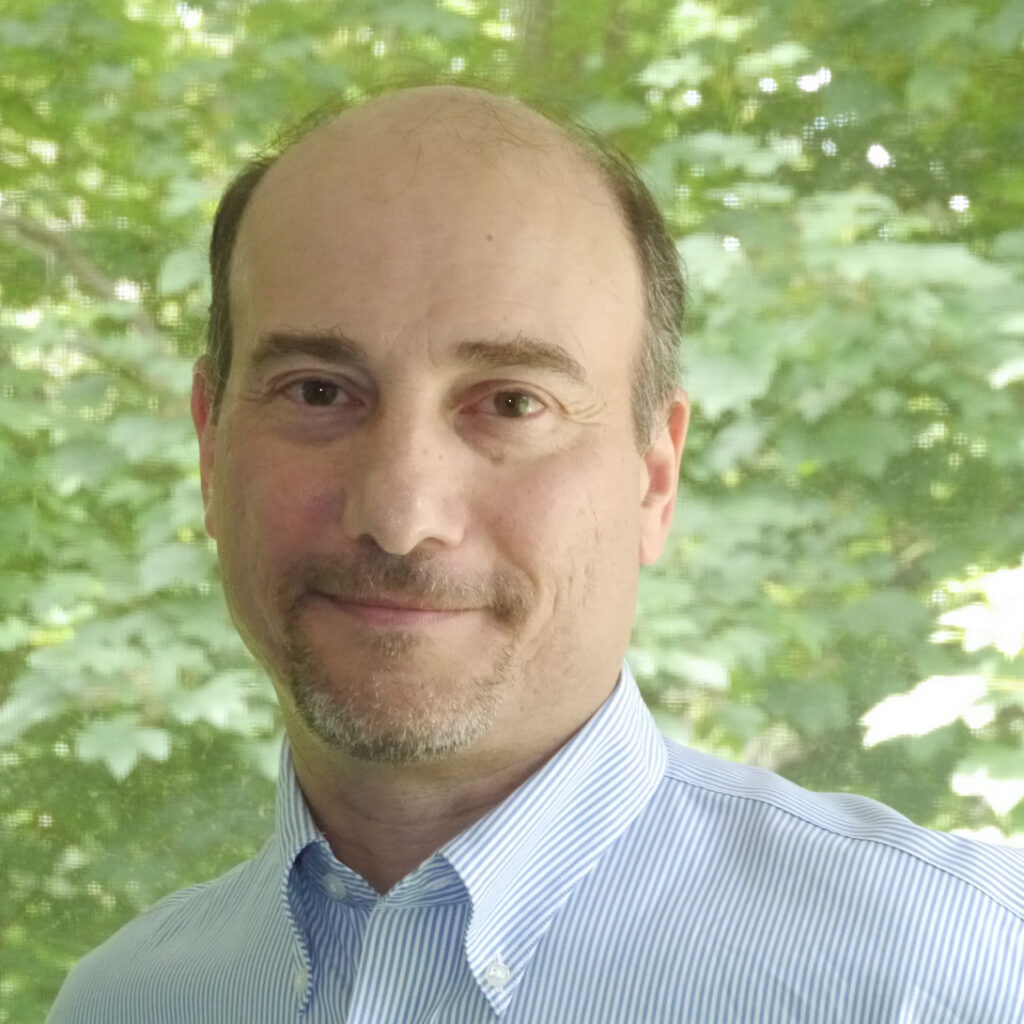
Andrew Kent
New York University
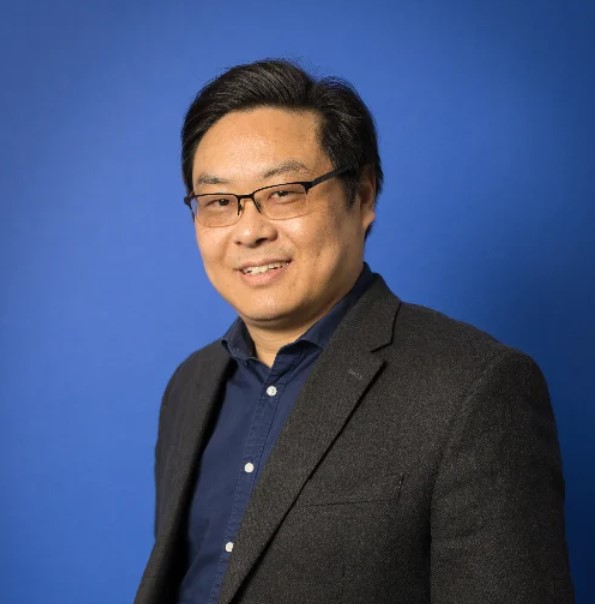
Joshua Yang
University of Southern California
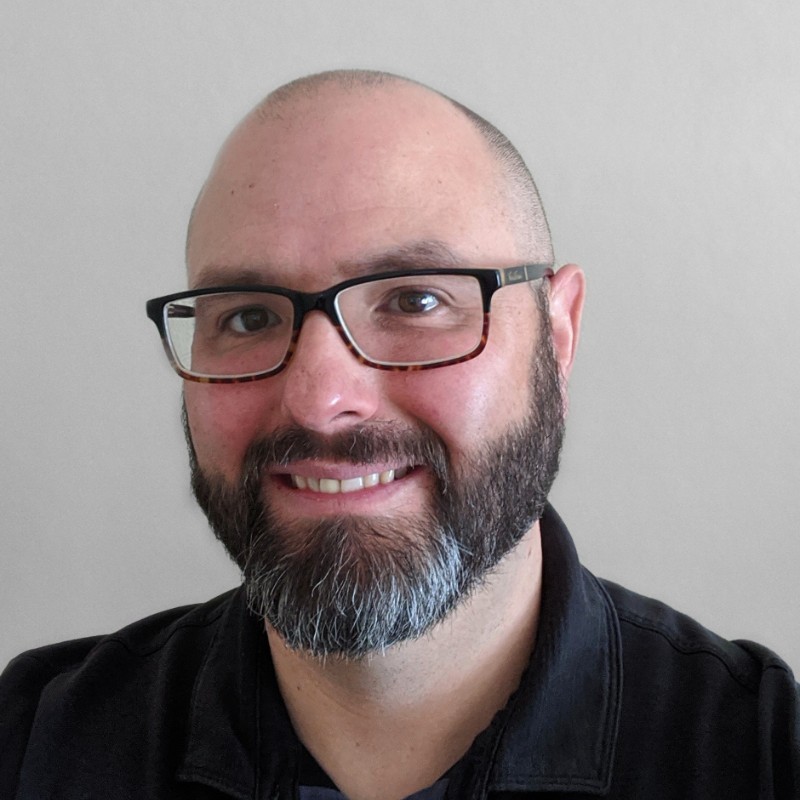
Michael Schneider
National Institute of Standards and Technology
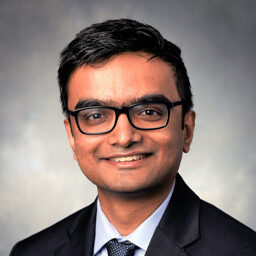
Abhronil Sengupta
Pennsylvania State University
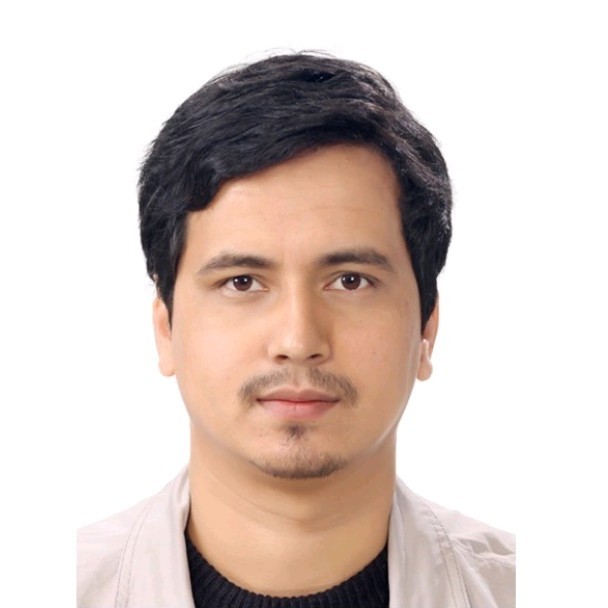
Sundar Kunwar
Los Alamos National Laboratory
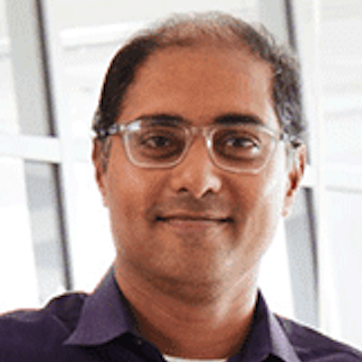
Shriram Ramanathan
Rutgers University
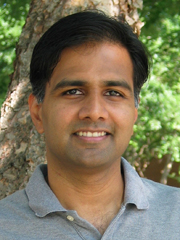
Chandra Raman
Georgia Institute of Technology
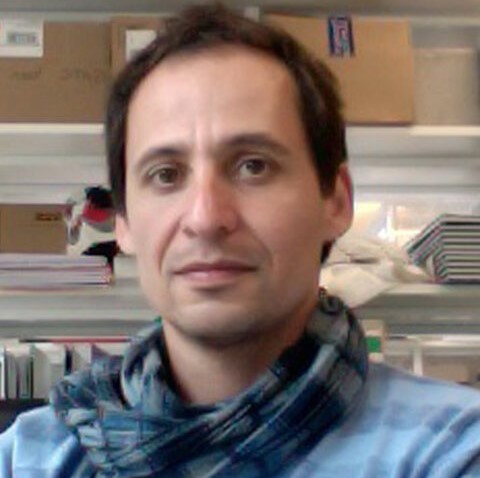
Ernesto Restrepo Leidefors
Stockholm University
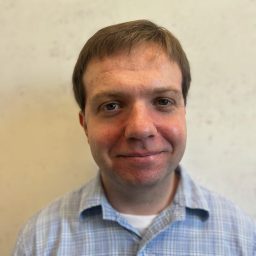
Emery Doucet
University of Maryland, Baltimore County
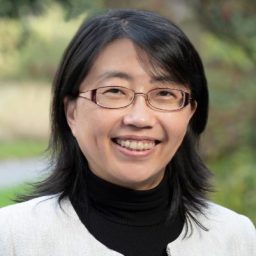
Hai "Helen" Li
Duke University
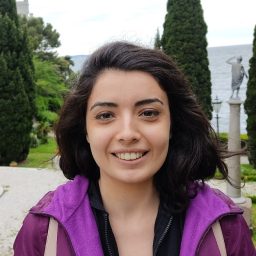
Aybüke Durmaz
Scuola Internazionale Superiore di Studi Avanzati, Italy
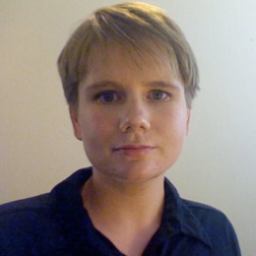
Kathleen Hamilton,
Oak Ridge National Laboratory
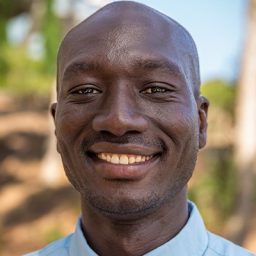
Abdoulaye Ndao
University of California, San Diego
Please find the conference sessions locations in the map here.
Day 1: Wednesday, May 15
QuaNTRASE Annual Meeting (Room 145, Science Learning Center, UGA at 130 Carlton St, Athens, GA 30602)
Session Chair: Tina Salguero, University of Georgia
- 12:00 pm – 1:00 pm Chew and Chat with Dr. Meredith Massey and Dr. Nicole Jones, UTK
In this session, while students eat lunch, facilitators will ask the students to reflect on their experiences in QuaNTRASE and gather their feedback about the program. This session will allow the students to share their thoughts on the impact of QuaNTRASE.
- 1:00 pm – 2:30 pm Workshop for graduate students (others are welcome to attend)
Introduction to mentor training and aligning expectations, by Dr. Trevor Tuma, UGA
In this session, mentors will be provided with brief overview on research mentoring relationships. The workshop will focus on cultivating the skills needed to effectively set mutual expectations, communicate clearly, and navigate differences in research mentoring relationships.
- 2:30 pm – 3:15 pm Navigating Scientific Collaborations: Understanding Barriers to Effective Scientific Collaborations and Building Collaboration Skills, by Dr. Mehmet Aydeniz, UTK
In this presentation, participants will be introduced to the fundamental drivers of scientific collaborations and guided to understand the challenges associated with forming, maintaining and sustaining scientific collaborations. Finally, they will be introduced to the skills needed to effectively initiate, engage in and lead scientific collaborations.
- 3:15 pm – 3:30 pm Coffee break
- 3:30 pm – 5:00 pm Workshop for graduate students (others are welcome to attend)
Equity and inclusion in research mentoring, by Dr. Trevor Tuma, UGA
This session will focus on developing an understanding of equity and inclusion with a particular focus on its relevance in the context of research mentoring. Attendees will gain practical strategies for initiating conversations that support the success of mentees from all backgrounds and for fostering supportive mentoring relationships
- 5:00 pm – 5:45 pm National lab career talk, by Dr. Ben Lawrie, ORNL
- 6:00 pm – 7:30 pm Student Poster Session and NCMQM-2024 Reception (Location: Dogwood Hall at the Center for Continuous Education and Hotel, UGA at 1197 S Lumpkin St, Athens, GA 30602)
Day 2: Thursday, May 16
Location: The Reception Hall (Level 1) at Tate Student Center, UGA (45 Baxter St, Athens, GA 30602)
- 8:15 am – 9:00 am Breakfast
- 8:15 am Welcome by Conference Chair, Dr. Yohannes Abate
- 8:30 am Opening remarks by Dr. Anna Stenport, Dean of the Franklin College of Arts and Sciences, University of Georgia
Session 1: Neuromorphic devices: quantum materials, quantum effects, nanoscale imaging and spectroscopy
Session Chair: Ahmed Aziz, University of Tennessee, Knoxville
- 9:00 am – 9:30 am Ahmed Aziz, University of Tennessee, Knoxville
Talk Title: Neuromorphic Computing: A Co-Design Perspective
- 9:30 am – 10:00 am Andrew Kent, New York University
Talk Title: Stochastic Magnetic Tunnel Junction Random Number Generators
- 10:00 am – 10:30 am Benjamin J Lawrie, Oak Ridge National Laboratory
Talk Title: Quantum sensing of fluctuating systems
- 10:30 am – 11:00 am Coffee Break
- 11:00 am – 11:30 am Ivan Schuller, University of California, San Diego
Talk Title: Neuromorphic Use of Thermal Effects in Quantum Materials
- 11:30 am – 12:00 pm Abhronil Sengupta, Pennsylvania State University
Talk Title: Neuromorphic Computing – Bridging the Gap Between Nanoelectronics, Neuroscience and Machine Learning
- 12:00 pm – 12:30 pm Ernesto Restrepo Leidefors, Stockholm University
Talk Title: Thermic intelligence: Unpacking Insect Cognitive Strategies in Extreme Temperatures
Noon:
- 12:30 pm – 1:30 pm: Lunch Break
Session 2: Stochastic thermodynamics and fluctuation theorems in the context of neuromorphic computing
Session Chair: Erica Carlson, Purdue University
- 1:30 pm – 2:00 pm Francesco Caravelli, Los Alamos National Laboratory
Talk Title: Why more theorists should be interested in memristors: classical and quantum graphs perspective
- 2:00 pm – 2:30 pm David Wolpert, Santa Fe Institute
Talk Title: Non-equilibrium statistical physics of computation and communication
- 2:30 pm – 3:00 pm Kathleen Hamilton, Oak Ridge National Laboratory
Talk Title: Challenges and Opportunities when analyzing graphs with next-generation processors
- 3:00 pm – 3:30 pm Coffee Break
- 3:30 pm – 4:00 pm Emery Doucet, University of Maryland, Baltimore County
Talk Title: Applications and noise in NISQ-era devices
- 4:00 pm – 4:30 pm Hai “Helen” Li, Duke University
Talk Title: Neuromorphic Computing: Towards Energy-Efficient Real-World Intelligence
- 4:30 pm – 5:00 pm Aybüke Durmaz, Scuola Internazionale Superiore di Studi Avanzati, Italy
Talk Title: Human perceptual decision making of nonequilibrium fluctuations
- 5:00 pm – 6:00 pm Open Discussion (Chair: David Wolpert)
Day 3: Friday, May 17
Location: The Reception Hall (Level 1) at Tate Student Center, UGA (45 Baxter St, Athens, GA 30602)
- 8:30 am – 9:00 am Breakfast
Session 3: Neuromorphic devices: quantum materials, quantum effects, nanoscale imaging and spectroscopy
Session Chair: Ivan Schuller, University of California, San Diego
- 9:00 am – 9:30 am Tian Li, University of Tennessee
Talk Title: Quantum sensing of local & nonlocal quantities: from image contrast to global phase
- 9:30 am – 10:00 am Joshua Yang, University of Southern California
Talk Title: Memristive devices for neuromorphic computing
- 10:00 am – 10:30 am Sundar Kunwar, Los Alamos National Laboratory
Talk Title: Memristive devices for neuromorphic hardware and energy-efficient computation
- 10:30 am – 11:00 am Coffee Break
- 11:00 am – 11:30 am Shriram Ramanathan, Rutgers University
Talk Title: Phase transitions in quantum systems for neuromorphic computing
- 11:30 am – 12:00 pm Chandra Raman, Georgia Institute of Technology
Talk Title: Quantum information science with room-temperature atomic vapors
- 12:00 pm – 12:30 pm Nadja Zeltner, University of Georgia
Talk Title: Generation of neurons from human pluripotent stem cells
Noon:
- 12:30 pm – 1:30 pm: Lunch Break
Session 4: Network-level simulation and hardware implementation
Session Chairs: Catherine Schuman, University of Tennessee, Knoxville and Tianming Liu, University of Georgia
- 1:30 pm – 2:00 pm Erica Carlson, Purdue University
Talk Title: Deep Learning Complexity in Neuromorphic Quantum Materials
- 2:00 pm – 2:30 pm Anqi Wu, Georgia Institute of Technology
Talk Title: Understand The Brain Using Interpretable Machine Learning Models
- 2:30 pm – 3:00 pm Michael Schneider, National Institute of Standards and Technology
Talk Title: Self-training single flux quantum neuromorphic circuits
- 3:00 pm – 3:30 pm Coffee Break
- 3:30 pm – 4:00 pm Tianming Liu, University of Georgia
Talk Title: Brain-inspired design of transformers
- 4:00 pm – 4:30 pm Abdoulaye Ndao, University of California, San Diego
Talk Title: Probing quantum materials via symmetry and topology of nano-confined photons
- 4:30 pm – 6:00 pm Open Discussion (Chair: Yohannes Abate)
Conference Registration
****
To register for the Neuromorphic Computing Meets Quantum Mechanics ’24 conference, please visit our registration page. Click below for detailed instructions and to complete your registration process.
Welcome to Athens!
Welcome to Athens, Georgia, the heart of the Peach State’s intellectual and cultural life! Nestled in the rolling hills of northeastern Georgia, Athens is not only the proud home of the University of Georgia but also a vibrant community brimming with Southern charm. This city seamlessly blends traditional heritage with contemporary living, making it a fascinating destination for visitors. Whether you’re here for academic pursuits, exploration, or relaxation, Athens offers a warm welcome with its eclectic mix of music, art, and culinary delights.
How to Get Here
Athens is easily accessible by various modes of transportation, making your journey to our conference as smooth as possible. For those flying in, the nearest major airport is Hartsfield-Jackson Atlanta International Airport (ATL), about an hour and a half drive from Athens. From the airport, you can opt for rental cars, shuttles, or buses to reach Athens. If you’re driving, Athens is conveniently located near several major highways, ensuring a hassle-free road trip.
Accommodation Options
Athens offers a variety of accommodation options to suit every taste and budget. From cozy bed and breakfasts to fully-equipped hotels, finding the perfect place to stay is easy. For convenience and comfort, consider staying near the university campus or downtown area, where you’ll be close to the conference venue as well as Athens’ best shopping, dining, and entertainment options. A range of hotels offers special rates for conference attendees, so be sure to inquire about any available discounts when booking
We have identified two excellent accommodations close to the conference venue:
Holiday Inn Express Athens, an IHG Hotel
SpringHill Suites by Marriott Athens Downtown/University Area
There are several other lodging options close to the conference location, The Reception Hall at the Tate Student Center, please see here.
Questions?
Go to visit.uga.edu for more information regarding your trip to Athens.
Map for Quantrase meeting and NCMQM locations
Contact Us
Eleanor Morrissey
Financial Manager
Franklin-Deans Business Office
emorrissey@uga.edu
706-510-7052
Dr. Sampath Gamage
Conference Coordinator
Dept. of Physics & Astronomy
sampath.gamage@uga.edu
706-542-5128
Prof. Yohannes Abate
Conference Chair
Dept. of Physics & Astronomy
yohannes.abate@uga.edu
706-542-2485
Sponsors
